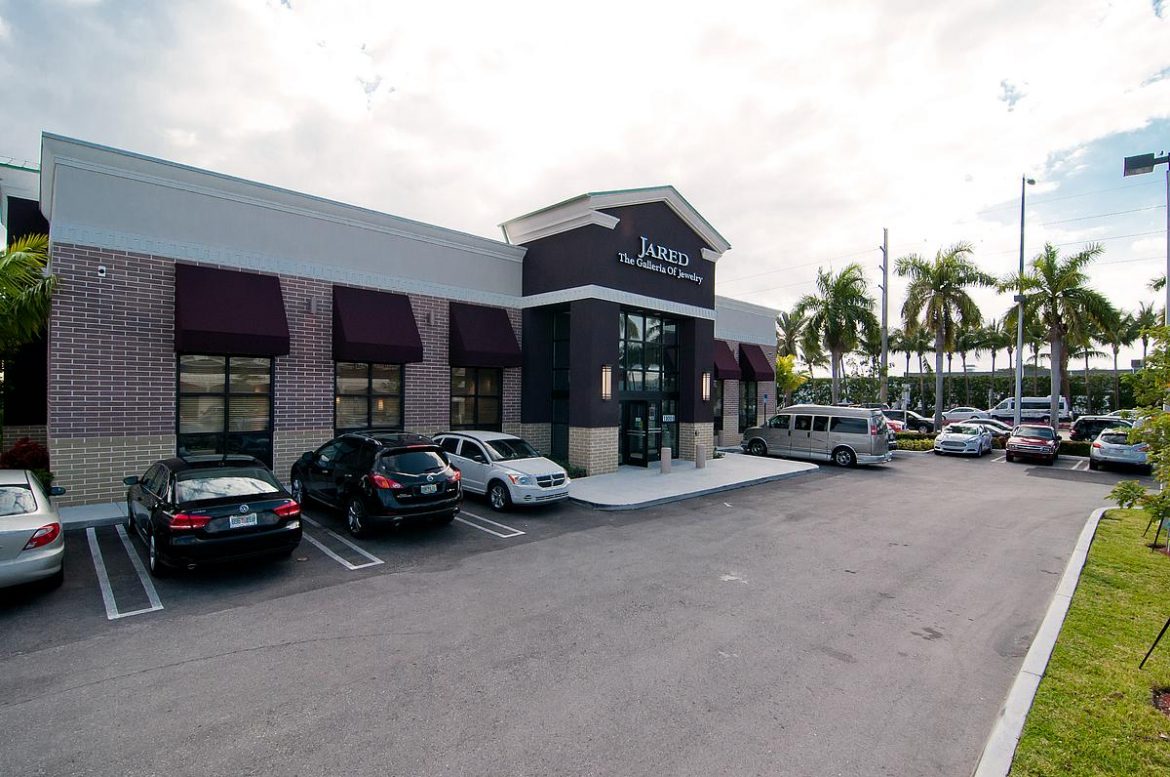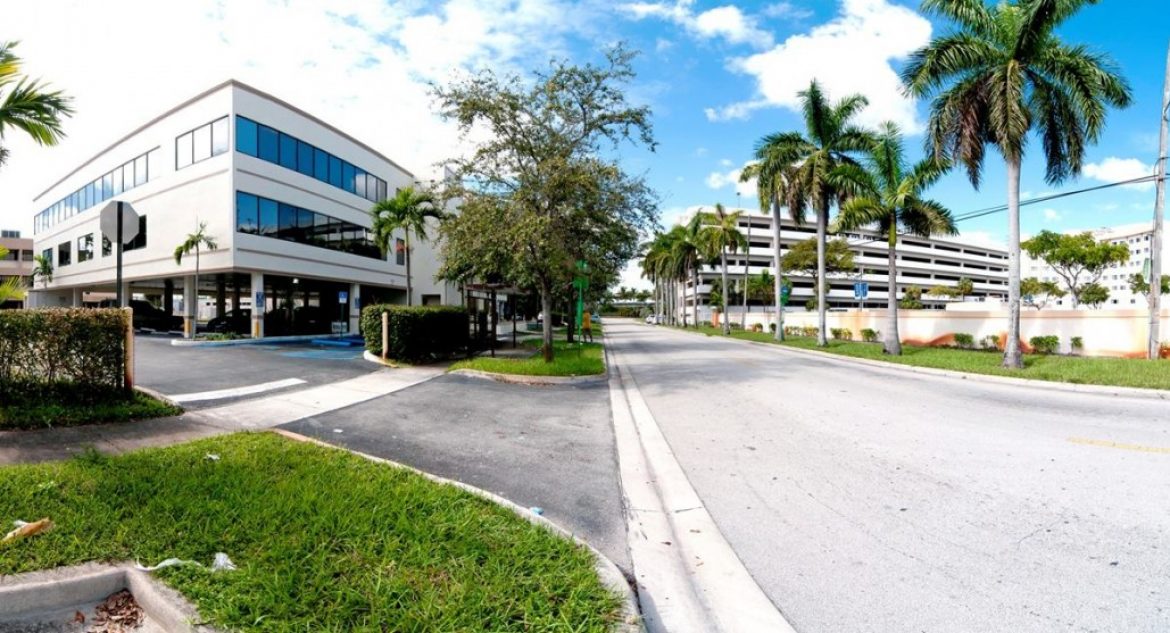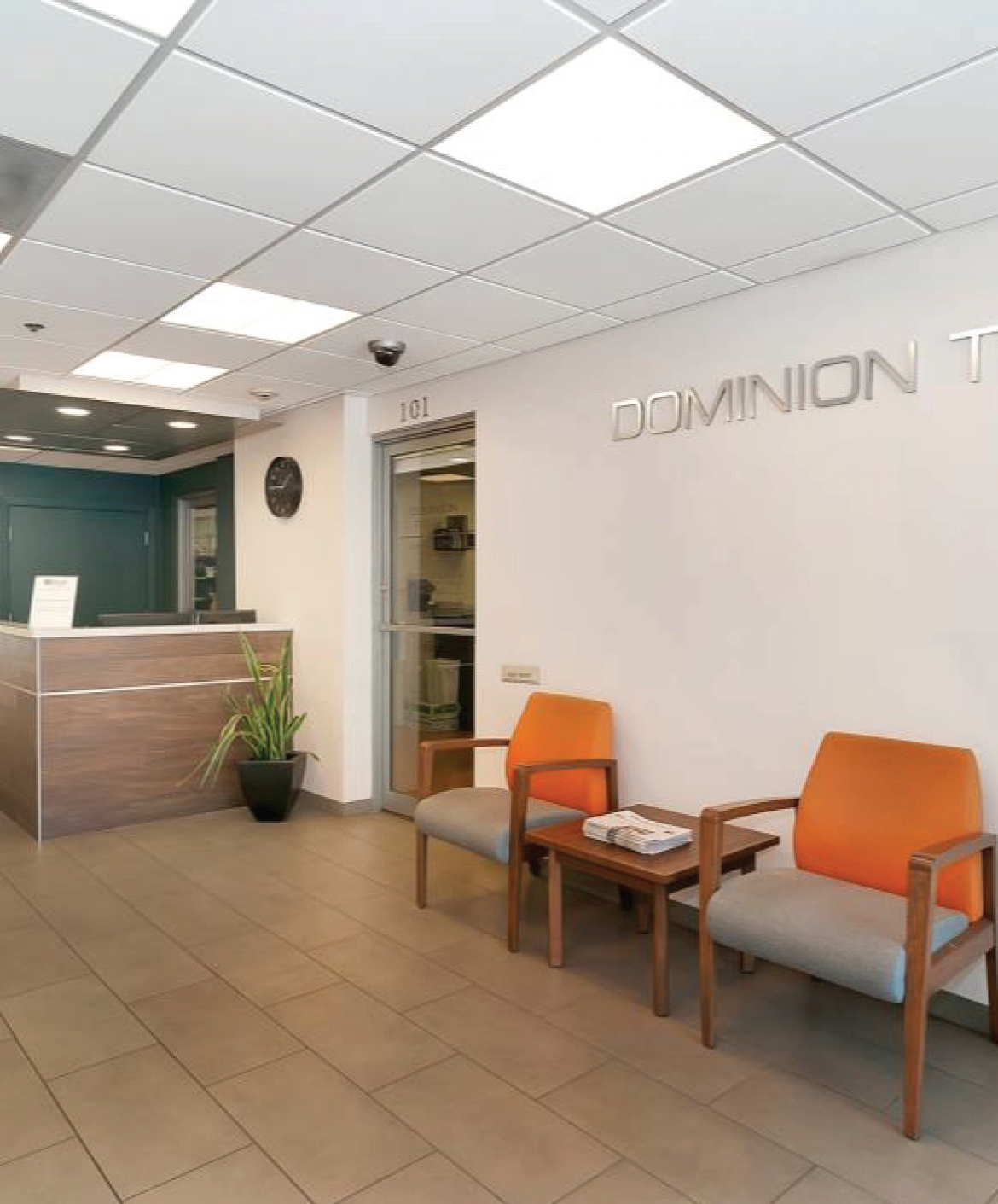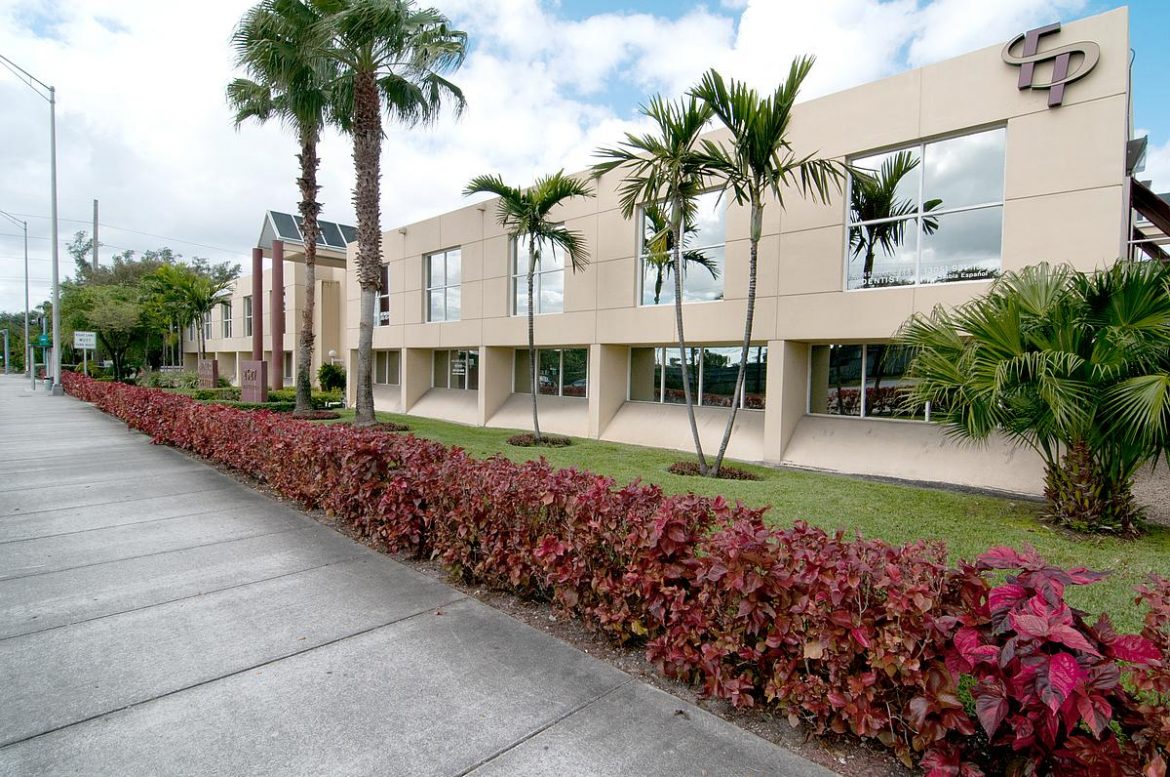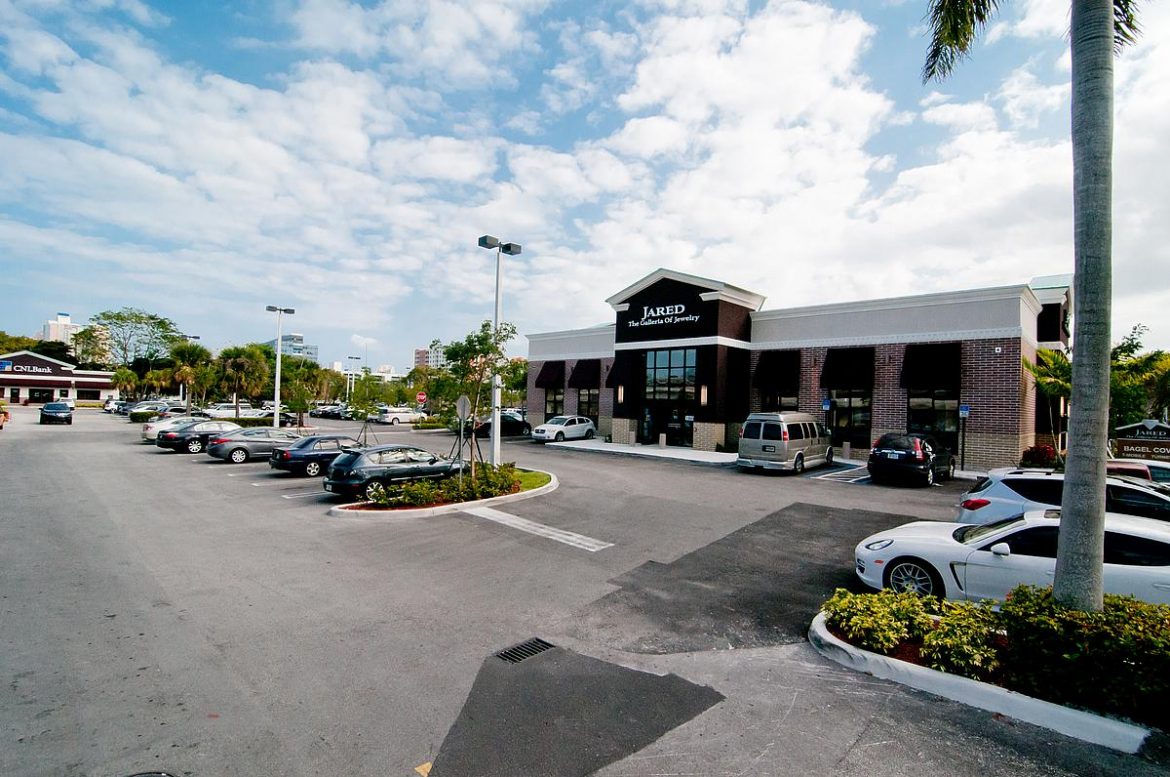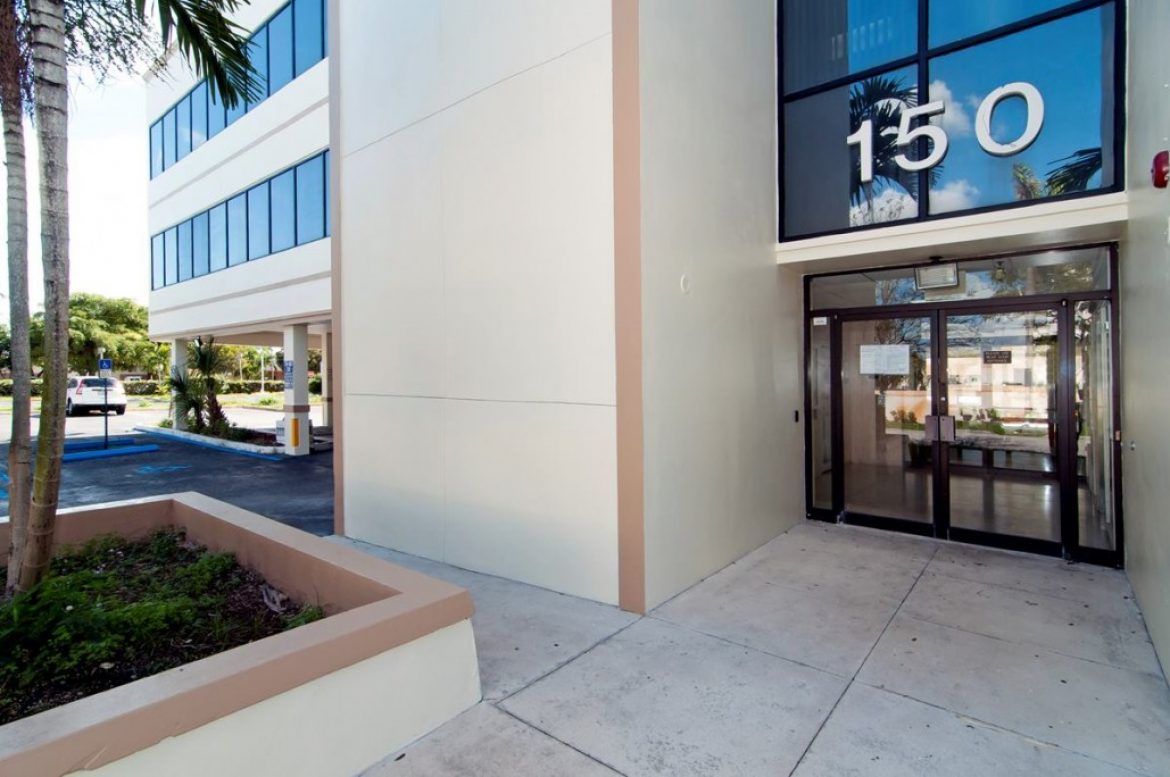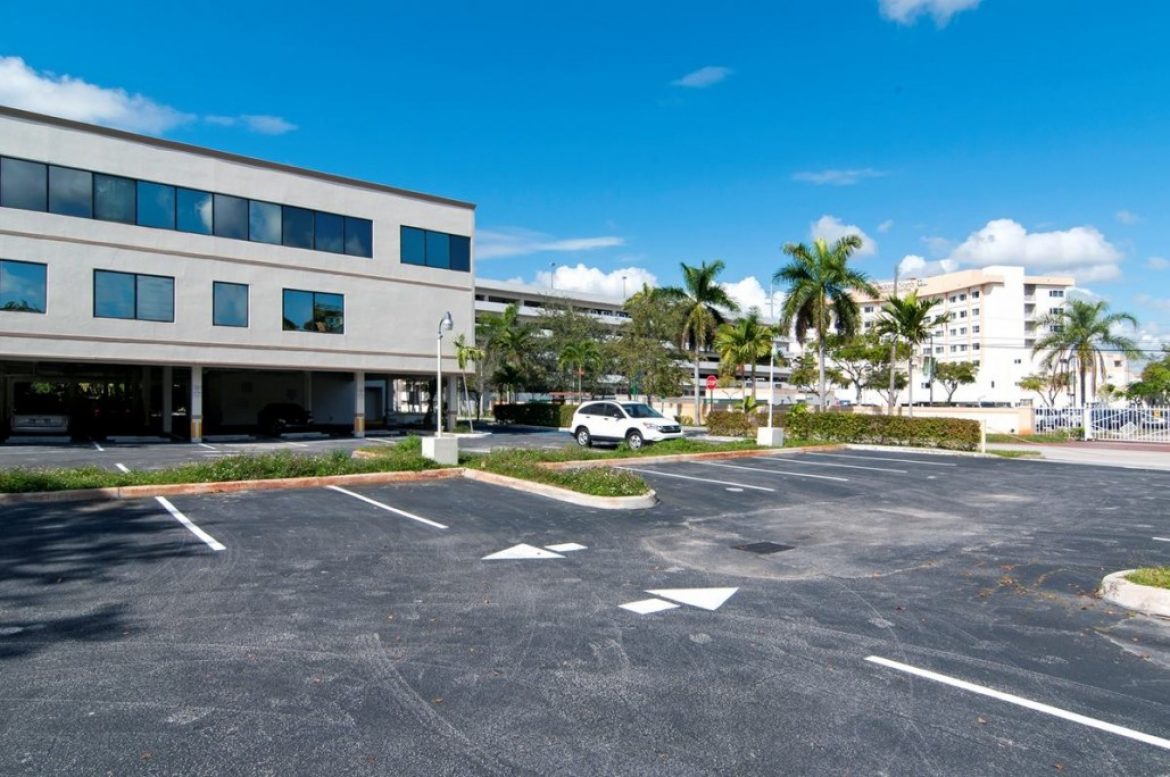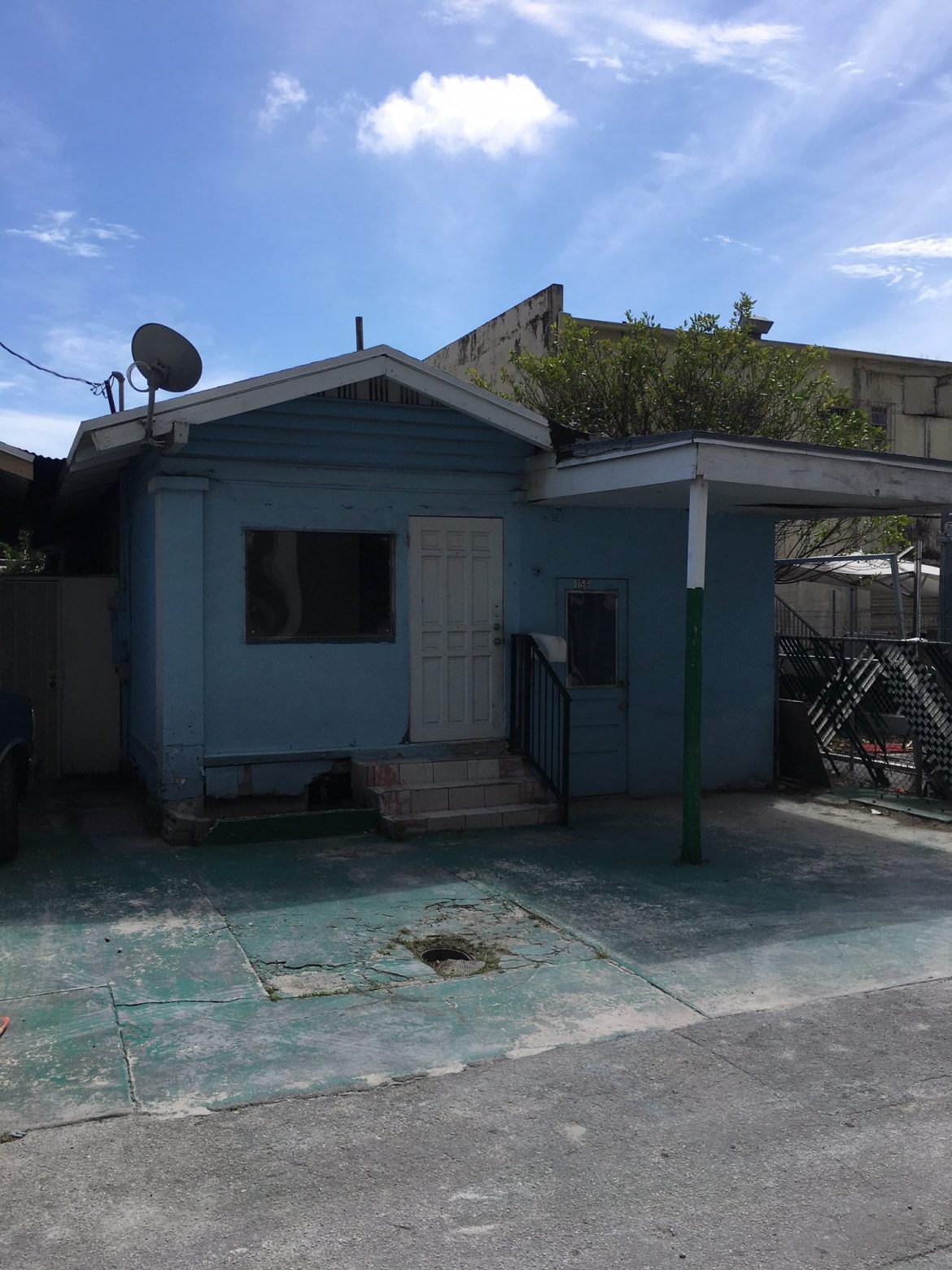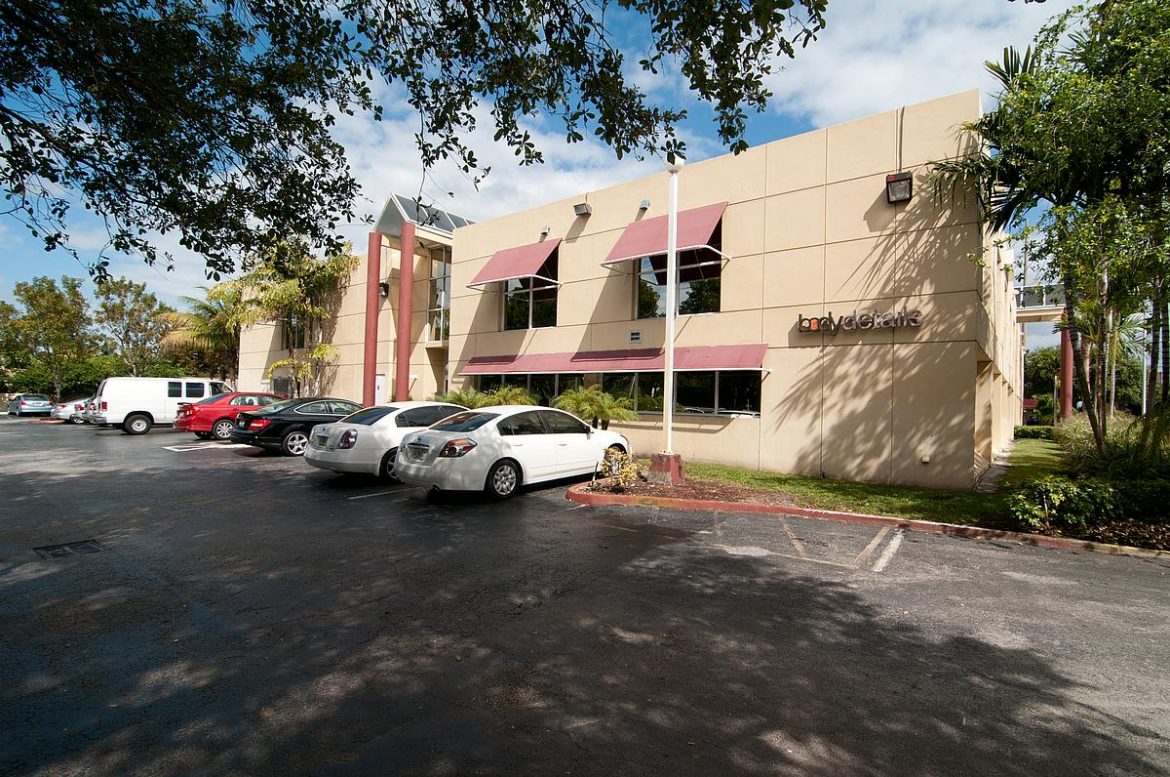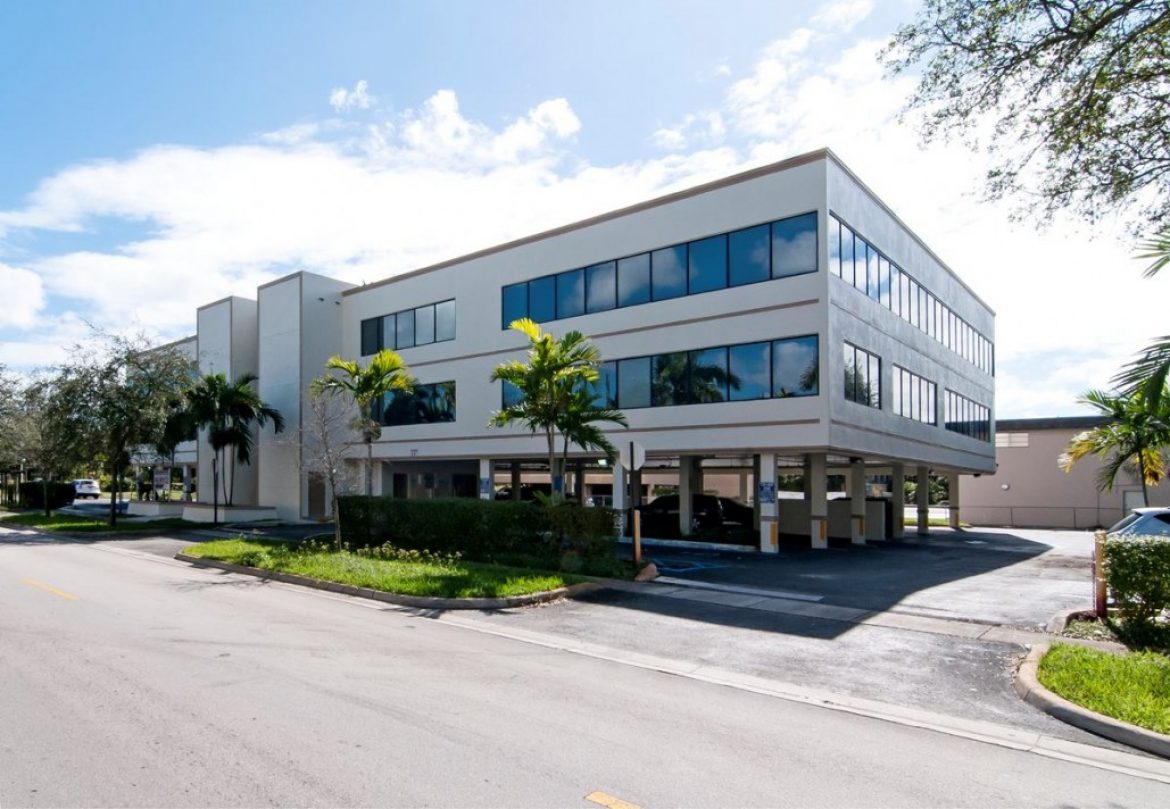Wynwood has changed quickly from the early 2000s, when it was home to a number of galleries that came alive the second Saturday of the month, to an established tourist destination with an active nightlife scene. Today, it has residents and short-term rentals, restaurants, breweries and bars, and hotels on the way.
Now, it’s also emerging as a new office submarket in Miami, even amid the coronavirus pandemic.
Wynwood is seeing a number of new office projects, as major developers target the artsy district, aiming to add hundreds of thousands of square feet of office space. Big name tenants have signed leases, like Spotify, Live Nation and WeWork. Apple Music, Google, Dentsu and other creative marketing agencies have also been looking in the market, brokers and developers say.
The office vacancy rate in Wynwood is expected to spike this year, when most, if not all of the office space is delivered. Already, there is 180,000 square feet of new space in the market, with another 350,000 square feet under construction. That doesn’t include 500,000 square feet more office space in the pipeline, according to Albert Garcia, chairman of the Wynwood Business Improvement District.
Garcia and others expect that the new supply will get absorbed.
“We’ve seen development happen evenly. We’re very pleased with how the market has reacted to zoning guidelines,” he said. “You have to remember, prior to that there was zero Class A office in the neighborhood. Over the next six to 24 months, you’re going to see new office leases moving within the market from Brickell, Doral, Coral Gables.”
Covid-19’s effects
And now, with the uncertainty surrounding the Covid-19 outbreak, Garcia and others believe that Wynwood will be well-positioned to attract new office tenants to the neighborhood.
“The good news is that these are all state-of-the-art office environments that will be adaptable and scalable in ways that the new office tenants are going to be looking for, places that are safe, that offer flexibility in workspace,” Garcia said.
Yet, some developers are pulling back, attorney Steve Wernick of Wernick & Co. said. The pandemic will likely cause a correction in the market and slow down office absorption, forcing landlords to adjust their pricing and the types of tenants they’re trying to attract.
“Wynwood is resilient, it always bounces back. We had Zika,” Wernick said. “Businesses that have capital and have long-term growth potential might be able to secure the office space they need that’s advantageous to them.”
Other market sectors
Brokers and developers expect space to also be absorbed in multifamily and other sectors of the market. Besides Related and East End, the Kushner Companies with Block Capital Group, as well as homebuilding giant Lennar Corp. have multifamily-anchored mixed-use projects in the works.
“At the end of the day, it’s a real neighborhood,” said Gaston Miculitzki of BM2 Realty, a Wynwood-based brokerage.
It’s unclear yet how deep the impact of coronavirus will be. Brokers Tony Arellano and Devlin Marinoff of Dwntwn Realty Advisors said the pandemic will eventually result in opportunities for tenants – and for investors.
“Now if you’re buying something, you’re buying it at a good value,” Arellano said. “All of the foam of the market got taken off.”
Grocery stores and major pharmacy chains are also eyeing the market, according to commercial broker Tere Blanca.
Office space supply
Sterling Bay, a Chicago developer that has built and leases space to McDonald’s Uber, Glassdoor and Twitter, officially entered the Wynwood market in 2018. Sterling Bay is building 545 Wyn, a 10-story, 325,000-square-foot Class A office building that will be completed later this year. It’s the biggest office project under construction in Wynwood.
Michael Lirtzman, director of leasing, said the developer’s aim is for tenants to move in by the end of the year. At 545 Wyn, the developer has secured Gensler, a major design and architecture firm, which signed a lease for 13,000 square feet.
Gross rents are in the high $50s and $60s per square foot for new construction in Wynwood, brokers and developers said.
Lirtzman said the push into a neighborhood like Wynwood is typical for Sterling Bay. “We tend not to go for the traditional downtown high-rise markets. We’ve gone into neighborhoods with a little more live, work, play,” he said.
Wynwood, previously home to a number of industrial warehouses, is similar to Chicago’s Fulton Market district, near the west side of Chicago, where Sterling Bay is looking to sell the McDonald’s global headquarters building, Lirtzman added.
Amenities in Wynwood are comparable to those offered by residents of new apartment towers in downtown Miami, Edgewater and the Arts & Entertainment District.
Once completed, 545 Wyn will include a 4,700-square-foot fitness center with spinning and yoga, a 17,000-square-foot terrace on the fifth floor with a full kitchen and bar, and 26,000 square feet of ground-floor retail space for three large food and beverage and entertainment tenants.
The companies the developer is courting “want their people to be comfortable in the building,” Lirtzman said. “They’re using their real estate as a recruitment tool.”
More projects completed and planned
When Sterling Bay went under contract on the Wynwood land more than two years ago, the developer had no competition.
But now, new office projects are popping up throughout Wynwood. 545 Wyn is being built on the west side, fronting I-95, where larger office projects were or are planned. The Oasis in Wynwood, a mixed-use adaptive reuse project under construction at 2335 North Miami Avenue is east of that, on the northeast corner of the neighborhood.
In January, New York-based R&B Group broke ground on the Gateway at Wynwood, a 460,000-square-foot mixed-use building on the northern outskirts of Wynwood, at 2916 North Miami Avenue. The project will have about 195,000 square feet of office space, plus retail, a rooftop terrace and a garage.
About a year ago, CIM Group closed on a $71.2 million construction loan for a 12-story Wynwood Square mixed-use development at 2201 North Miami Avenue. The project, with 241 apartments and about 27,000 square feet of retail, will have about 60,000 square feet of Class A office. One Real Estate Investment is a co-developer of the project.
The Annex, a 52,000-square-foot office building that Related Group and East End Capital completed last year next to their Wynwood 25 apartment building, is west of Second Avenue, Wynwood’s “cultural spine,” said Garcia, of the Wynwood BID. Tenants there include Live Nation Entertainment, which took nearly 8,000 square feet.
Jonathan Yormak, founder and managing principal of East End Capital, said full service asking rents are about $57 per square foot at the Annex.
Directly across the street is Cube Wynwd, an eight-story, 86,000-square-foot Class A building developed by RedSky Capital and equity partner JZ Capital Partners. Regus was the first tenant to sign and open, taking 21,000 square feet at the Class A building.
In addition to tenants relocating from downtown Miami and Brickell, developers and brokers said there are a number of new-to-market companies looking to plant their flag in Wynwood.
WeWork opened last year at the Wynwood Garage, taking 30,000 square feet at 301 Northwest 26th Street, marking the largest office lease in the neighborhood, according to broker George Pino, president of State Street Realty. The office market in Wynwood is just now in its infancy, he said.
Wooing tenants
Some of the largest TAMI (technology, advertising, media and information) tenants have their eyes on Wynwood – but not necessarily on specific buildings.
Take Spotify. The music streaming company toured 545 Wyn and other projects in the neighborhood before deciding to take all of the 20,000 square feet of office space at the Oasis in Wynwood.
“What’s important about the Spotify lease is Spotify had identified Wynwood. It wasn’t like they were between the Oasis in Wynwood and two buildings in Brickell and Coconut Grove,” said David Weitz, co-founder of Carpe Real Estate Partners, developer of the Oasis.
Not every company is choosing to be in Wynwood, though. Yext, a New York City-based brand management technology firm, looked at Wynwood before deciding to open its Miami office at 600 Brickell Avenue, near Brickell City Centre, sources said.
Erik Rutter, co-founder of Carpe Real Estate Partners, said Spotify wanted to create a campus for its employees where the company could create programming. A rendering of the space shows a stage in front of the Spotify logo.
As a gateway to Latin America, Miami has long attracted a number of creative marketing agencies, but the tech scene has been much smaller, beginning with the LAB Miami, the first co-working space and first coding academy, Wyncode.
Now, that’s changing.
“Wynwood is very culture rich. A lot of submarkets in Miami, from an office market perspective, [prospective tenants] don’t feel like there’s a lot of character,” Weitz said. “I think the low-story pedestrian-oriented nature in Wynwood really makes it attractive. It has culture. It has character. It’s walkable.”
Source: The Real Deal
